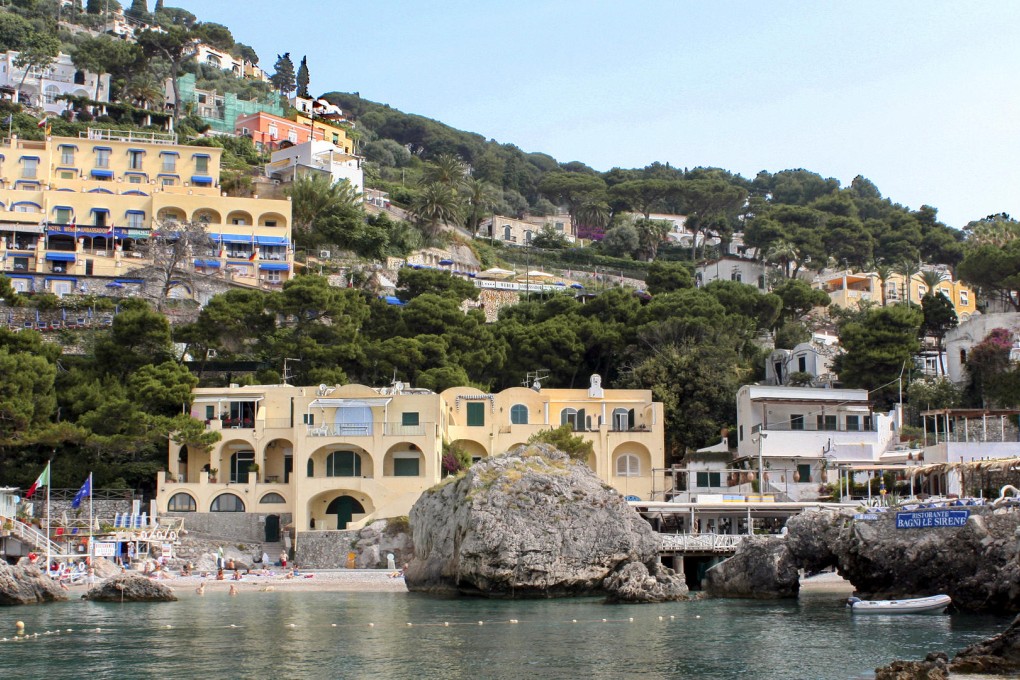Capri, a magnet for sirens of both myth and the silver screen
The turquoise bays and fabulous views outshine the star power of the celebrities with homes on the Italian holiday isle, and more than make up for the inevitable crowds of package tourists, writes Keith Mundy

Out of an azure sea rise sheer cliffs, their clefts woven with tapestries of green and red bushes, and white gulls swoop and soar in the balmy air.
As a pleasure boat edges closer, strange rock formations arch up from the lazily lapping Tyrrhenian Sea, and sea caves entice its passengers into the island's mysterious vaults. But what can't be seen is even more powerful in its effect: the legends of antiquity, the aura of famous residents, the gossip and scandals, the works of art created here, the smell of money.
Mythic isle, a destination for hedonists since classical times, its reputation for beauty and luxury ramped sky-high by Hollywood stars in the 1950s and 60s, Capri has a unique status in European tourism as a peerless idyll of eternal magnetism. A rocky rectangle only 7km long and 3km at its widest, lying offshore from the Sorrentine peninsula at the southern end of Italy's Bay of Naples, Capri has drawn day-trippers since the mid-19th century and package tourists since the 1950s. Surely, therefore, the magic has gone, once you step ashore?

Not so. Especially if you dock at the smaller harbour, the Marina Piccola, on the quiet south side, rather than the hydrofoil- and megayacht-packed Marina Grande, on the north coast. At Marina Piccola the beach of translucent blue waters is out of a dream, and above it steeply rises an amphitheatre of dense greenery, dotted with villas, capped by cliffs.
A road zig-zags upwards to the town of Capri, which sits on a saddle in the east of the island. Suddenly, things look bad: the narrow streets are crammed with tour groups wandering from pretty little shop to chic designer store. Still, it's undeniably cute; a whitewashed warren of tiny lanes and hidden houses, a tightly built village that could shut itself up quickly when the warning came that Saracen pirates or other marauders were on the way - the stark reality for many centuries.